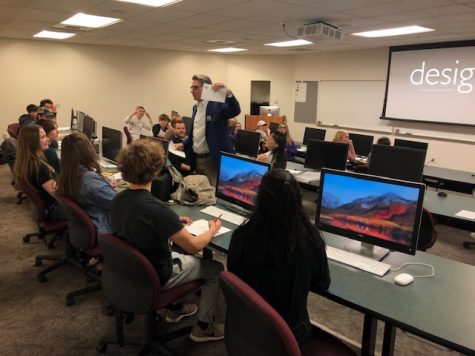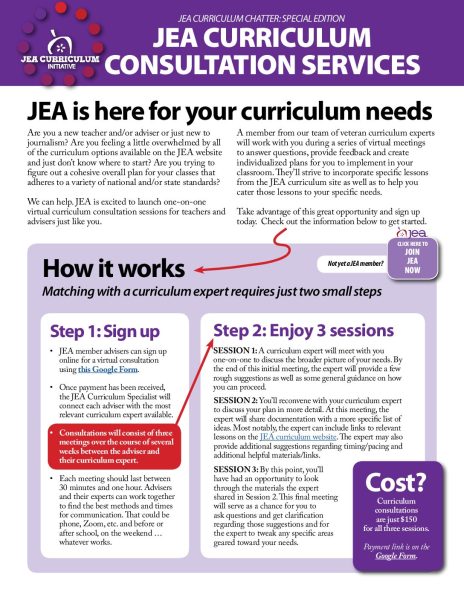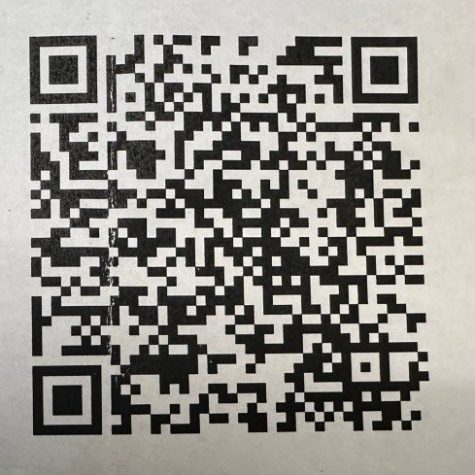JEA/NSPA to deliver on-site training to journalism programs in need
March 9, 2016
APPLICATION DEADLINE: April 1
All journalism teachers and their students deserve support and training regardless of factors like location, funding and available resources. The national convention offers fantastic programming for attendees, but the bottom line is that some of the teachers and students most in need are unable to attend.
Teachers are sometimes assigned journalism classes to teach and student media to advise, and, despite their best efforts, are unable to get things rolling. Programs may not have money to print or host a website, and students quickly lose interest when their work has no audience. Or worse, they may get a publication up and running only to come under fire because students didn’t have the necessary law and ethics training.
The adviser outreach program is designed to help journalism teachers and their students develop sufficient skills necessary for producing student media and to connect them to a larger network in the form of a professional learning community with three veteran journalism teachers and their students.
How it works:
Teachers will apply in the spring, and those selected will undergo two introductory sessions online at a convenient spring or summer time to establish goals and develop a relationship with the trainers. During the fall training, students and teachers will benefit from direct instruction, hands-on practice and personal guidance from all three teacher-trainers. The focus will be reporting/writing, law and ethics, visual presentation and leadership. As part of the training, each school will set up a news website hosted by and funded by School Newspapers Online (SNO).
During the same week as the customized training, participants will be part of a free Saturday workshop at their school hosted by JEA/NSPA and open to all scholastic media programs within driving distance. In addition to breakout sessions, the workshop will include activities designed to form or strengthen local connections and professional learning communities.
After the classroom training and Saturday workshop, participants will collaborate as part of an ongoing professional learning community with the teacher-trainers and their students for the rest of the school year and for one year afterward in order to continue the adviser support, measure progress and provide ongoing feedback.
How to apply:
The online application process has two separate forms, one for the teacher and one for the principal. Both are due by April 1. (Candidates will receive a link to the principal form after submitting their initial application.) CLICK HERE for answers to frequently asked questions.





Jeni Lannen • Mar 18, 2016 at 12:40 pm
When I read the beginning of the contest information, it screamed, “this is me!”. I became a journalism adviser last year and have had no training whatsoever. I have never worked with InDesign, Photoshop, or web building. I had never written a news story of any kind. I was beginning at square one with no where to really learn what I needed to know. Luckily, an adviser at another school recommended JEA and their resources have kept me doggy paddling. I feel if I was better trained and actually understood what I was doing, I might be able to really help the students and the program. I would love to have the opportunity for more help and training.